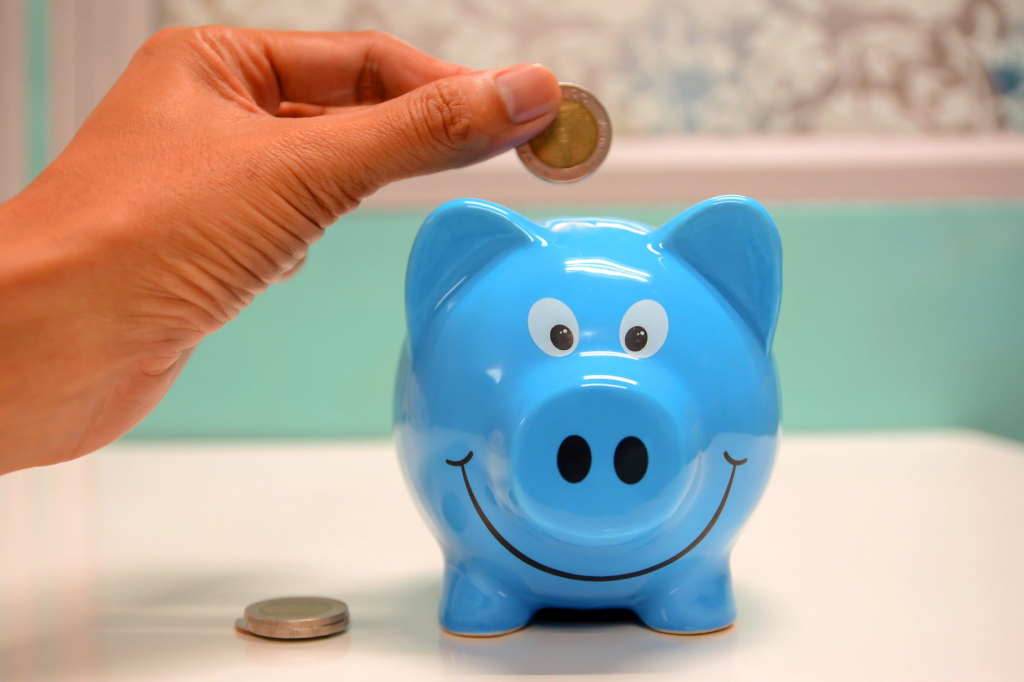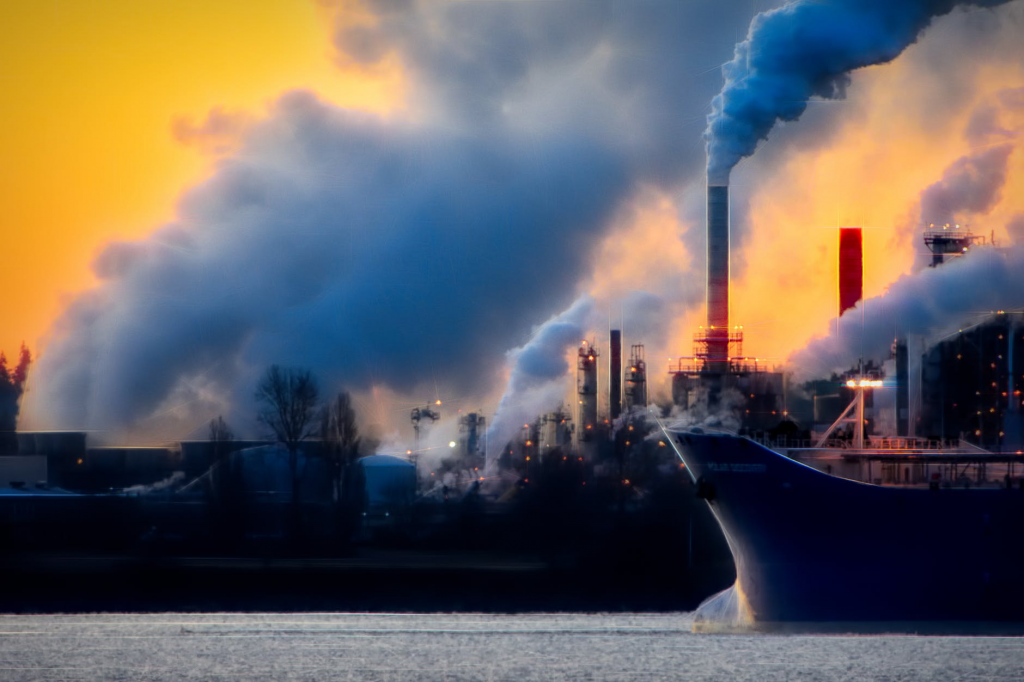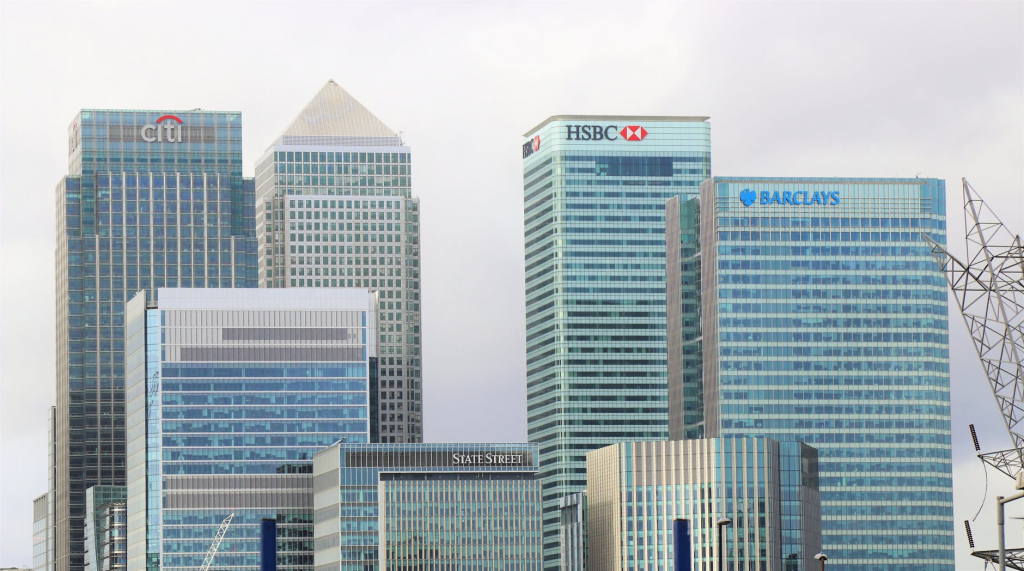China is taking a direct swing at foreign businesses by removing all foreign computer equipment from its public institutions and public offices. China’s public sector has previously used technology from the likes of HP, Dell, and Microsoft, all of which are likely to suffer as a result of the decision. It is estimated that up to 30 million pieces of hardware and technical equipment will be replaced in the next three years as a result.
It’s possible that the previously enacted United States policy of refusing to continue its information sharing with Chinese tech giant Huawei accelerated this move. Hu Xijin, the editor of the Global Times newspaper in China, mentioned this earlier in the year:

“Cutting off technical services to Huawei will be a real turning point in China’s overall research and development and use of domestic chips,” he said in a social media post. “Chinese people will no longer have any illusions about the steady use of US technology.”
This policy further perpetuates China’s desire to be a world leader in technology. It’s “Made in China 2025” initiative hopes to remove any need for tech imports into the country by 2025. It’s a policy that detractors say could severely hurt global economic trade.
Apple continues to push financial services to its customers. The company will start offering 0% installment financing on iPhones via the Apple Card by the start of 2020. This move was hinted at by Apple CEO Tim Cook on a previous earnings call. Apple Card customers who take advantage of this offer will also be rewarded with 3% Daily Cash on select purchases.
David Solomon, the CEO of Goldman Sachs which partnered with Apple on its new financial product, highlighted the overwhelming success of the Apple Card:

“In three short years, we have raised $55 billion in deposits on the Marcus platform, generated $5 billion in loans, and built a new credit card platform and launched Apple Card,” Solomon said on the call, adding that, “we’ve been pleased to see a high level of consumer demand for the product. From an operational and risk perspective, we’ve handled the inflows smoothly, and without comprising our credit underwriting standards.”
When it comes to financial wellbeing, Germany and Austria take the cake. A recent survey by Swedish firm Intrum AB, asked consumers across Europe about their ability to pay bills, financial literacy, savings, and other personal finance factors. While it was Germany and Austria who took the top spots of this financial wellbeing survey, Greece and Lithuania ranked the lowest of all European nations surveyed.

Some of the survey’s key findings include:
- Some 45% of European consumers surveyed say their bills are rising at a faster rate than their incomes, with 43% saying those concerns are negatively affecting their general wellbeing.
- 24% have borrowed money or reached their credit card limit to pay bills over the past six months, up from 20% in last year’s survey.
- Even as living costs rise, the survey shows that 75% of consumers are still managing to save part of their salary each month, though 52% are dissatisfied with the amount they are able to save.
According to Ariel Investments CEO Mellody Hobson, the lack of financial literacy around the world is “dangerous” because parents and are left without the adequate knowledge and resources to deal with their own financial struggles.
The EU announced plans for its European Green Deal, which will completely re-evaluate the region’s economy in an attempt to reduce its carbon footprint drastically. The goal is for the EU to reduce its carbon emissions by 50% by 2030. Part of the deal is a new tax to take effect in 2021 which will tax on goods entering the EU from countries without strong carbon emission targets of their own.
Even with these measures, claims EU spokesperson for Greenpeace Franziska Achterberg, the EU is still not doing enough:

“The climate targets [the commission is] proposing would be too little too late. On protecting nature, much is aspirational and needs to be fleshed out. The detailed measures that will follow must tackle the production and consumption patterns that have brought us to the brink.”
There has already been a slight shift in reducing emissions, as a decline in coal use led to lower emissions in the United States and the EU this year. Still, high demand for oil and gas means greenhouse gasses remain a problem for the global economy.
It’s been a bad year to be a European banker. All told, banks across Europe have cut over 60,000 jobs this year, with 20% of staff being cut since 2008. A large impetus for the cuts is negative interest rates across the region, which have hurt bank profitability.
The carnage may not be over for Europe’s biggest banks:

Moody’s, which this week changed its outlook for global banks to negative from stable, warns that the “profitability gap between euro-area banks and global peers will widen further” in the medium term despite the large headcount reductions. “The costs of reducing overcapacity through restructuring . . . are front-loaded, while profitability gains will accrue over the longer term,” its analysts warned in a report.
The EU continues to float the idea of a banking union for its members, which could help insolvent banks and better protect depositors. This multi-layered approach is similar to the United States federal and state system which provides a successful model to the EU in its quest for better banking regulation.
*As with any investment, your capital is at risk and the investments are not guaranteed. The yield is up to 6.75% p.a. Before deciding to invest, please review our risk statement or consult with a financial advisor if necessary.